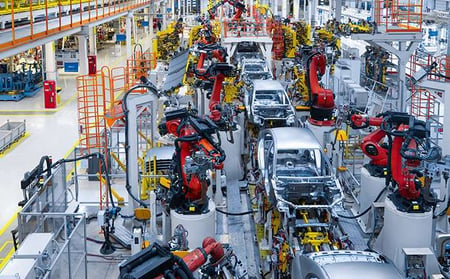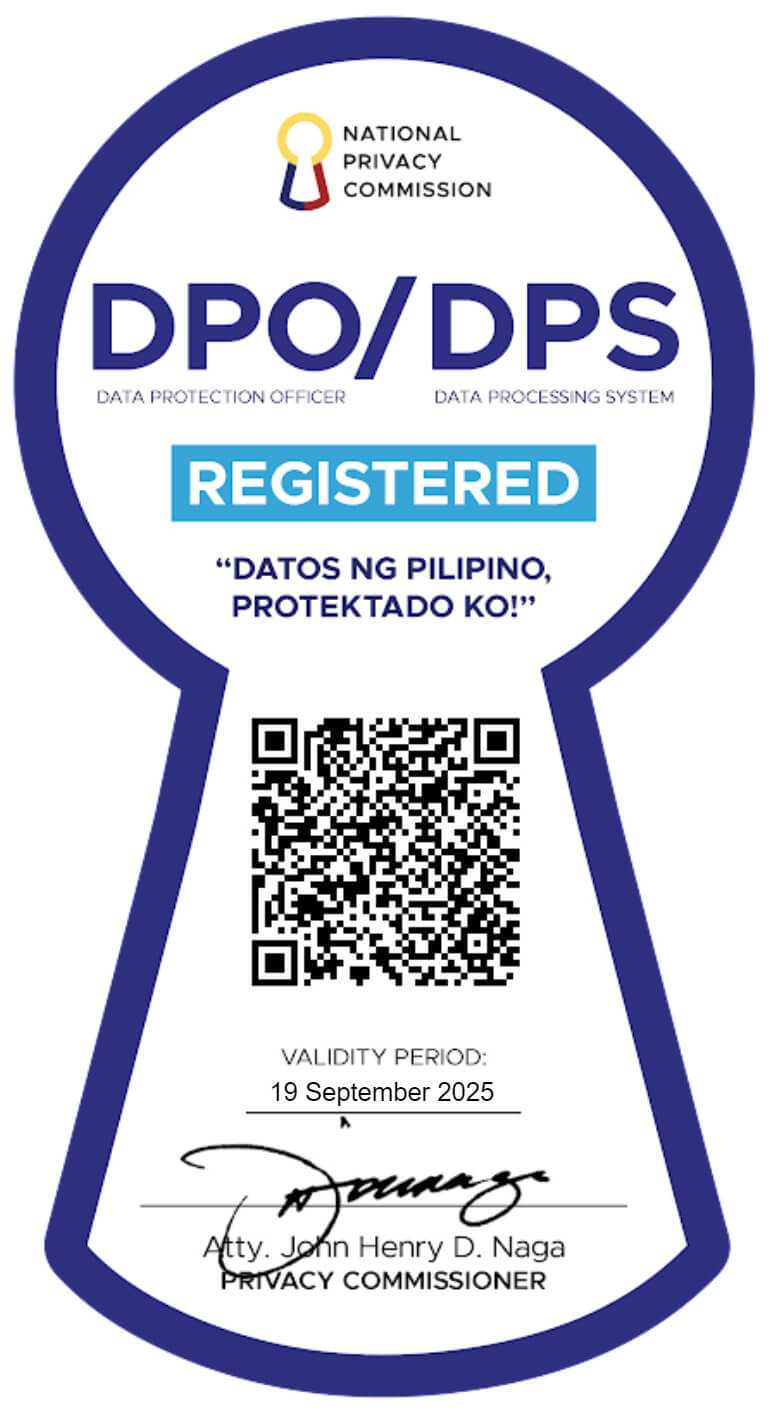-
About Us
Probe CX is a tech-powered, global customer experience organisation that amplifies human capabilities with technological excellence.
-
Awards and Accreditations
As an industry-leading CX and digital transformation provider, Probe CX has a resume to match any of our competition.
-
Compliance
Industry-recognised certifications to protect what matters most to our clients and their customers.
-
Locations
Over 19,000 team members delivering exceptional customer experiences across five countries.
-
Vision and Culture
We help our clients become modern digital organisations by combining the latest technology with people, process and data.
-
Executive Team
Meet the team with unmatched experience committed to helping organisations create environments for digitally-enabled CX to thrive.
-
 Blog
BlogDiscover the latest insights, information and trends in blogs created by customer experience experts.
-
 News
NewsLearn where Probe CX have been recognised in the news, including awards, accreditations, acquisitions, partnerships and more.
-
 Resources
ResourcesDownload our latest resources including whitepapers, case studies, tip sheets, reports and brochures..
A leading energy and gas industry retailer required support with credit collection activities and help to optimise their KMS.
- Blog
- RPA in finance and accounting - a digital transformation
RPA in finance and accounting - a digital transformation

It is little wonder finance and accounting executives are embracing RPA. While the tools can automate tedious, high-volume and repetitive tasks, RPA integration is only feasible when:
- There is considerable potential to save time and/or money
- The processes to be automated are rule-based and standardised and
- The quality of operations is already at a high standard.
The fields of finance and accounting tick all three of those boxes. One doesn’t have to work in an accounting department to appreciate the sector is renowned for repetitive, time-consuming tasks like data entry, reporting and record-keeping. Such functions are ideal for RPA, with their structured and rule-based nature meaning there is little to no need for human decision-making.

What is RPA in finance?
RPA in finance refers to the use of software robots to automate repetitive and manual tasks in financial processes. RPA can be applied to a range of finance functions, including accounts payable, accounts receivable, financial reporting and compliance. By automating routine tasks such as data entry, reconciliation and report generation, RPA can reduce errors, improve efficiency and free up employees to focus on more strategic tasks.
When it comes to specifics though, there are several finance and accounting tasks that are ideal for automation.
- Accounting: RPA has the tried and tested ability to drastically reduce errors at the same time as saving human employees the time and effort required to complete data entry or gathering. Minor mistakes can cause major headaches in accounting departments but the frustrating reality is they are almost inevitable when staff are forced to spend hour upon hour inputting data. Be it invoicing or completing Business Activity Statements (BAS), RPA is an instant win as it speeds up the process and negates errors, which in turn makes for happier customers and employees.
- Streamlining Card Activation: activating a customer’s card manually can be an incredibly tedious process that requires coordination between departments and meticulous cross-checking for data consistency. Customer demand also means there is often an added amount of time pressure – “I want my card now” – that can result in human errors. RPA tools such as software robots do not feel this stress, let alone make mistakes due to being overworked. They simply deliver what is needed when it is needed.
- Travel & Expenses: navigating the reimbursement of travel costs and other expenses is one of the banes of employees’ lives, all the more so for staff members who spend countless days and nights on the road. Fortunately, RPA bots are creating a better employee experience by reducing the amount of manual work required by both travellers and their accounting colleagues. Cutting-edge software can extract and read data from all types of receipts, check whether they qualify as legitimate expenses and compile them into easy-to-read and accurate expense reports, all in far less time than previously required.
- New Customer Accounts: it has never been more important for banks to thoroughly verify new customers’ details, with identity checks, past credit scores and compliance rules combining to create a labour-intensive and time-consuming process when completed manually. RPA in finance is changing the game by managing the customer detail validation process, with new accounts then created automatically by software robots and electronic details delivered directly to the client. Better still, RPA can facilitate ongoing data management by automatically confirming and updating customer details such as names, addresses and credit scores in real-time.
- Promotion of Investment Options: financial planning and forecasting is a science in its own right and RPA bots are playing an increasing role in delivering better results for customers and the financial firms that guide them. Software robots can not only better track potential investments but assess investors’ existing portfolios to help identify opportunities and minimise risks. Human financial advisors can be a restrictive cost but RPA is increasingly stepping into the breach to make such advice more cost-effective for both customers and companies.

Summary
There is a lot of hype surrounding robotic process automation in financial services – and for good reason. In an increasingly competitive business world, RPA is allowing finance and accounting organisations to increase productivity and efficiencies, reduce costs and deliver better customer and employee experiences. Whether you are a late adopter exploring the benefits of automation or an advocate looking to expand your RPA strategy, there has never been a better – or more important – time to join the revolution.
Robotic process automation is driving process efficiencies such as faster payment collection across countless sectors. Learn how one of Australia’s leading security companies saved about $80,000 in manual effort costs by introducing RPA to revolutionise traditional workplace practices.
Related Articles
Artificial Intelligence
What are PDD and SDD In RPA?
Do you know what PDDs and SDDs are in RPA? Here’s the difference between the two, as well as how they develop an automated process.
Technology
How to get started with intelligent automation
RPA can create growth opportunities and reduce operational costs but it is not a 'one size fits all' concept. Learn more in this blog here.
Technology
8 RPA trends to watch
From hyperautomation to low-code platforms and increased focus on security, learn about the latest developments shaping the world of automation.
© Copyright 2025 Probe CX | ProbeCX is a proudly owned subsidiary of Probe Group
Privacy Policy | Responsible AI Policy | Financial Hardship Policy | Whistleblower Policy | Complaints Procedure | Supplier Code of Conduct | Make a Payment | Client Login




